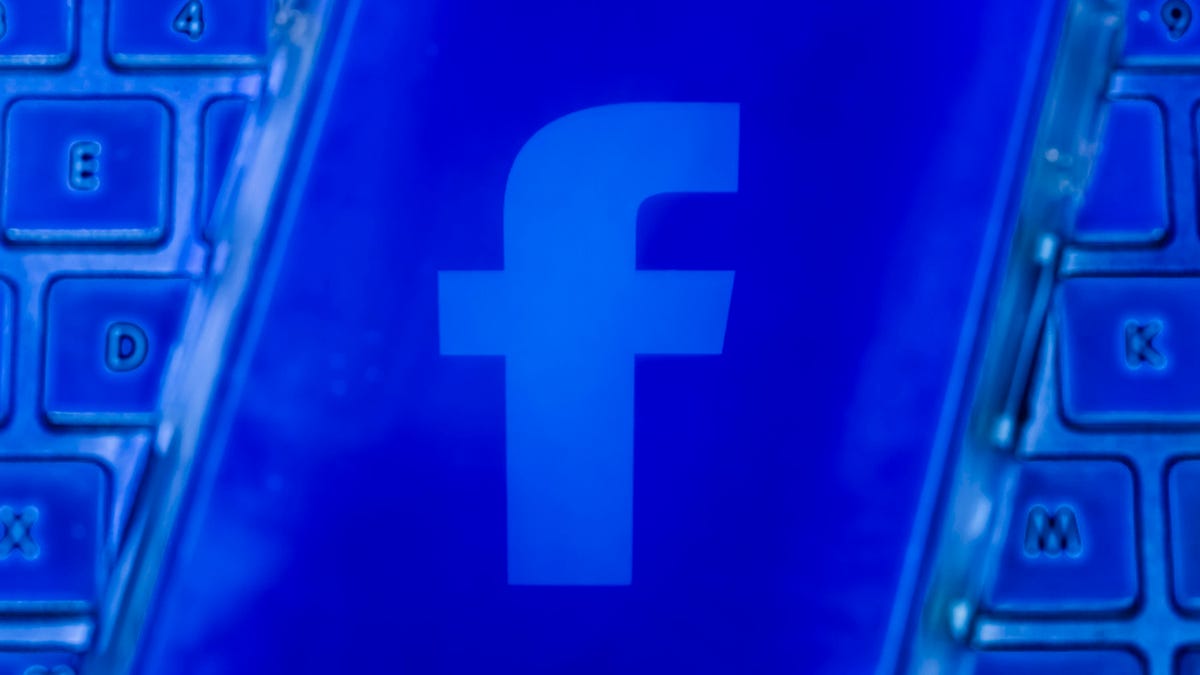Facebook expands fact-checking efforts to 14 countries
The social network leans hard into artificial intelligence to help it monitor more than a billion posts every day.

Facebook announced increases to its fake news fight.
Facebook is ramping up its fight against misinformation.
The company announced Thursday that it's expanding its third-party fact-checking program to 14 countries and plans to grow it even more by the end of 2018.
Misinformation, propaganda campaigns, hoaxes and conspiracy theories have thrived on social networks and services like Facebook, Twitter and YouTube. Facebook's CEO, Mark Zuckerberg, recognized fake news as one of the major problems that he needs to fix, along with data misuse.
Fake news on Facebook played a major part in the Russian election interference effort. In February, the Department of Justice indicted 13 Russian nationals for their propaganda campaign.
Over the last two years, Facebook has boosted its efforts against misinformation, hiring "news publisher specialists" to advise on content appearing on the social network and relying on machine learning to fight off fraud at scale.
Facebook's third-party fact-checking program relies on organizations like the Associated Press and Snopes to tell the social network's moderators when content is misleading. The company said these fact-checkers have helped remove false stories by "an average of 80%."
The social network is also expanding its fact-checking program for fake videos and photos. In the past, Facebook has had to deal with doctored images like an NFL player supposedly burning a flag. When Facebook first announced this pilot program, it was only available in France. It is now expanding to four countries, the company said.
The majority of this effort will be done by artificial intelligence. After one fact-checker in France found fake medical advice on the social network, Facebook took the post down and used AI to weed out more than 1,400 links making the same claim.
"With more than a billion pieces of content posted every day, we know that fact-checkers can't review every story one-by-one," Tessa Lyons, Facebook's product manager, said in a blog post.
Facebook's AI will also start noticing repeat offenders, if a page continues to spread misinformation on the social network. It can take action like demonetizing the page or reducing how many people can see it.
The company also announced that it was partnering with Schema, an open-source tool used for fact-checking.
Cambridge Analytica: Everything you need to know about Facebook's data mining scandal.
CNET Magazine: Check out a sample of the stories in CNET's newsstand edition.

